Presidential Administration: Experts Weigh in On Recent Rotations
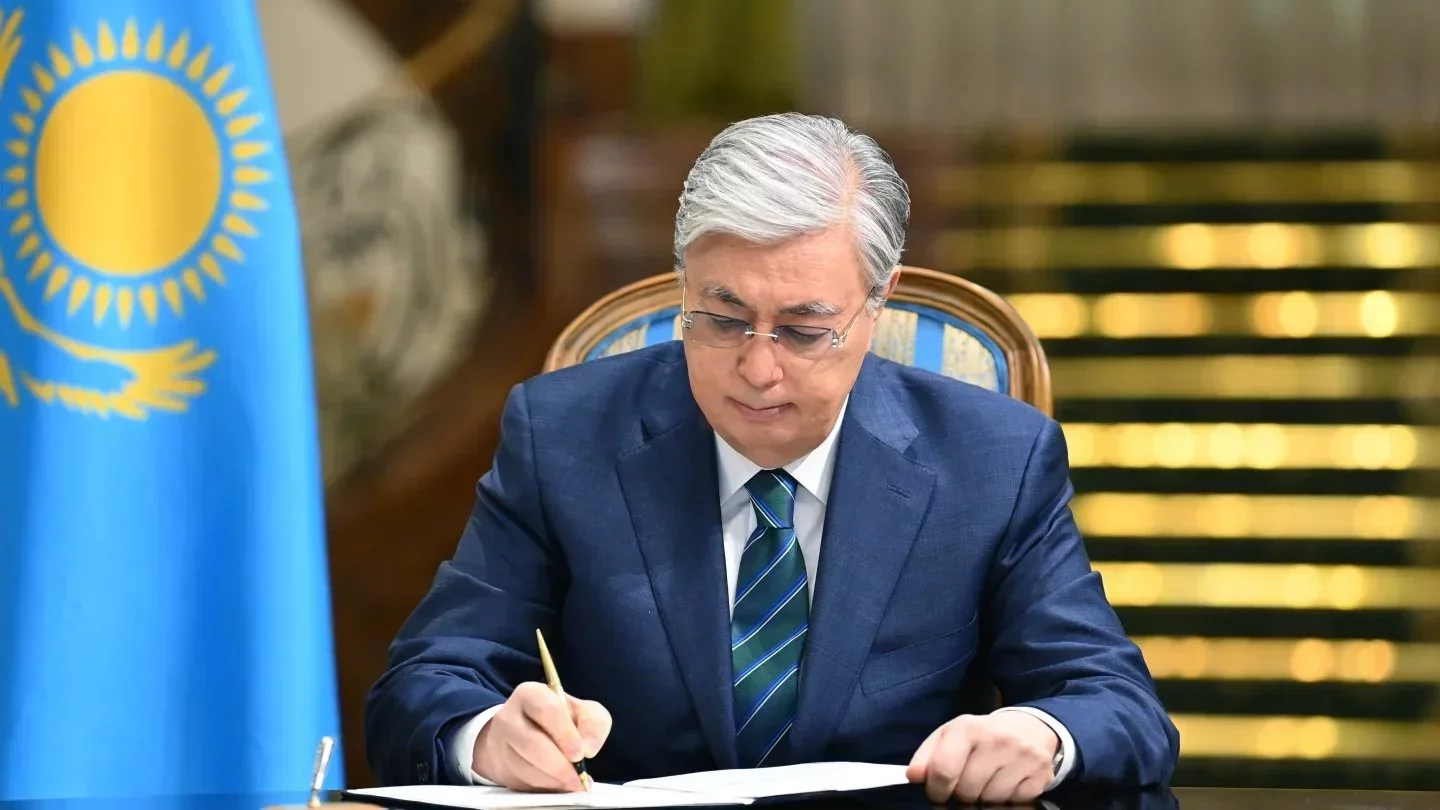 Photo: Aqorda
Photo: Aqorda
President Qasym-Jomart Toqayev carried out a rotation within his administration, replacing aides and advisers and revamping the Geneva-based foreign policy hub. Orda.kz compiled a list of responsibilities and the cases linked to each name.
Political scientist Daniyar Ashimbayev explained that such rotations often follow the state-of-the-nation address.
Due to the packed September schedule, organizational issues are only now being addressed. He noted that the number of aides and advisers had "excessively expanded," leading to optimization, redistribution of functions, and a strengthening of the economic bloc.
Strengthening the Economic Bloc
A week before the reshuffle among aides and advisers, Yerbolat Dosayev became Deputy Chief of Staff of the Presidential Administration. His tenure as Almaty Akim was marked by major infrastructure projects and a harsh, sometimes rude, style.
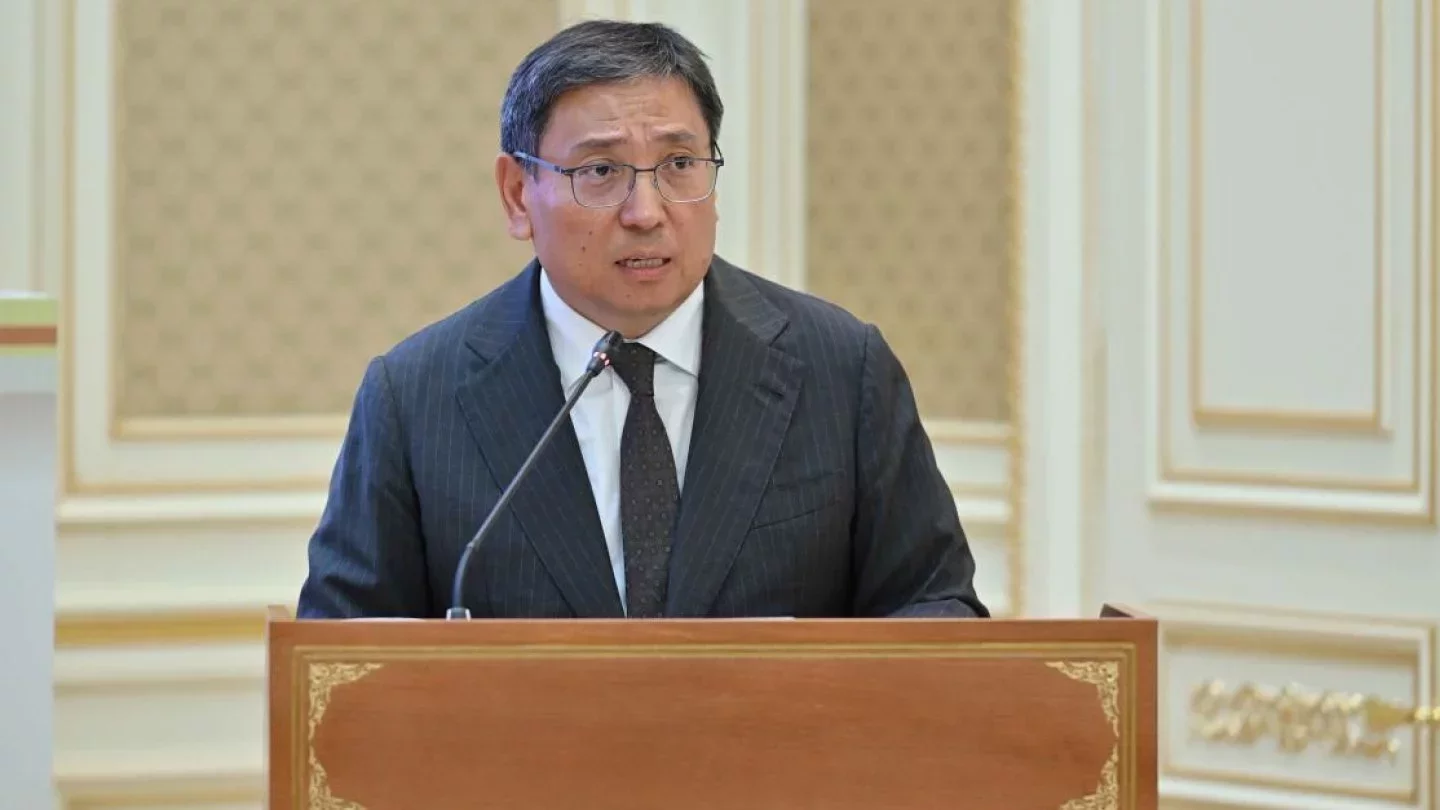
The press reported on the costs of social media promotion and handling criticism. Petitions demanding his resignation appeared. Applications for rallies were inconsistently approved, fueling tension.
Ashimbayev described Dosayev as a heavyweight whose experience exceeds that of many predecessors in economic oversight.
He expects Dosayev to take over the economic bloc and possibly regional policy.
“It became clear that we needed to change priorities and build a more systemic economic policy.”
Expert Talgat Kaliyev added that Dosayev now has the opportunity to propose a fundamentally "new vision of the future and a clear economic course," with his closeness to the president enhancing the role.
From 2019 to 2022, Dosayev headed the National Bank, pursuing strict policies focused on price stability and real interest rates. In March 2022, the base rate was raised to 12% to signal predictability and inflation control. He also supported limiting transfers from the National Fund through fiscal rules.
Earlier, he was linked to pension reform. In 2013, the Unified Accumulative Pension Fund was created. By 2016, investments in banks and holding company bonds caused later scandals and criticism, creating a negative backdrop for the reform.
Social Policy and Digital Services
At the beginning of the year, Tamara Duisenova moved from the Cabinet of Ministers to Aqorda as presidential aide. Six months later, she was relieved of her post. She had long been responsible for labor, employment, social insurance, and pensions.
Her record includes key decisions. In 2016–2017, she postponed mandatory social health insurance, explaining the reasons to parliament and the media. While unpopular, the move prevented a system failure.
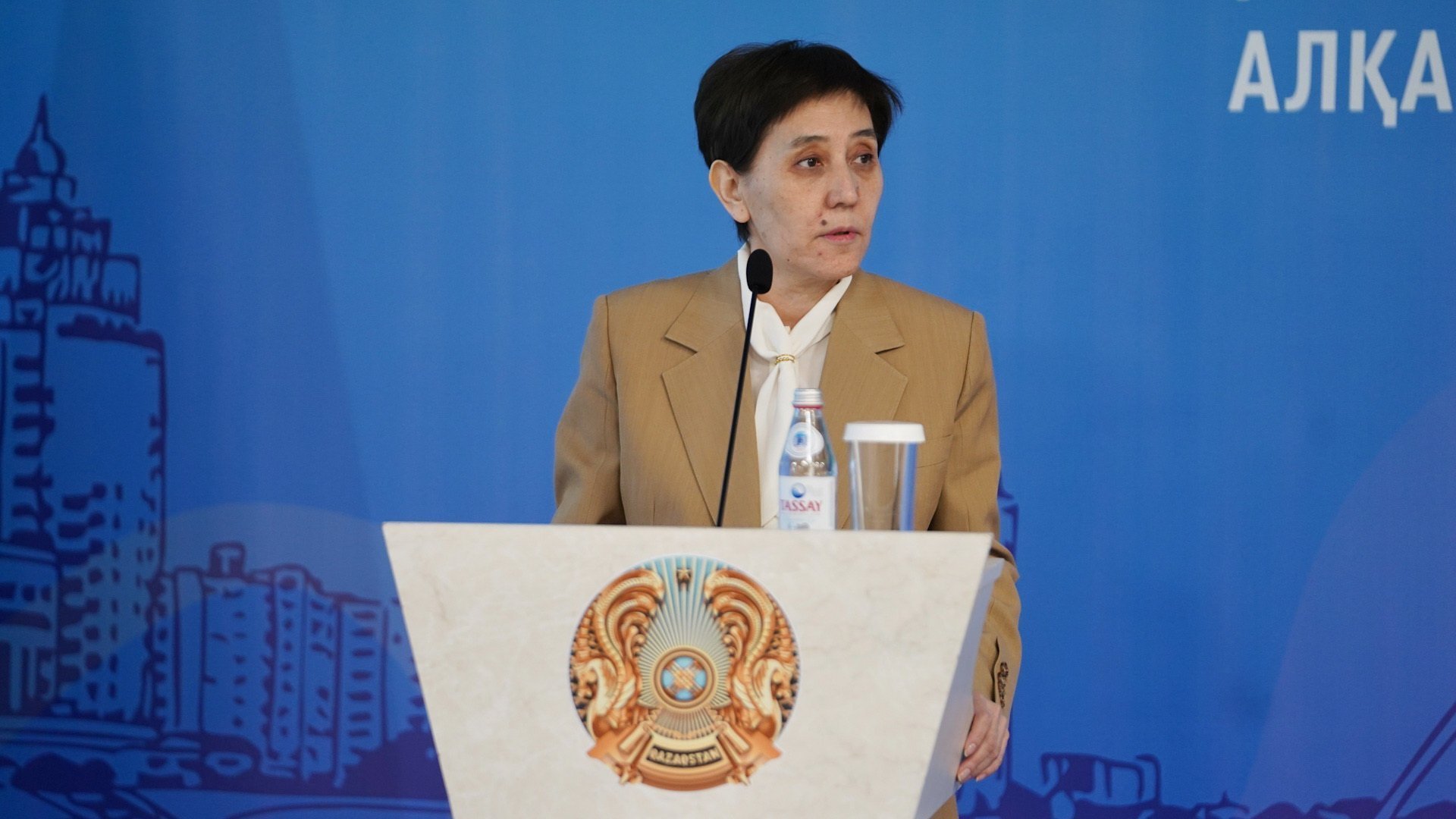
In 2017–2018, she launched Yenbek.kz, a unified online labor exchange that became the foundation for job and training programs. For citizens, it offered a single portal for employment services.
In 2018, targeted social assistance was redesigned. Three payments were consolidated into one, tied to a social contract and mandatory participation in employment. Later adjustments tightened rules and audits.
In December 2017, a miners’ strike broke out in the Qaraganda region. Duisenova led negotiations but faced criticism. At a government meeting, Nursultan Nazarbayev asked:
"Tamara, are you tired?"
She was dismissed that day.
She later returned with a focus on digital services. In 2022–2023, the "Digital Family Card" was introduced, collecting data on 19.5 million citizens and enabling proactive benefits via SMS.
In April 2023, the Social Code was signed. Duisenova presented it as a unified policy covering support, insurance, employment, proactive services, and new employer contributions. Family support was expanded, including longer childcare payments.
She has long been tied to the women’s retirement age issue. In 2022, she again explained schedules and countered rumors. It was a consistent, if unpopular, role.
Kaliyev noted that the social sector is vulnerable, and new appointments could shift its paradigm. Ashimbayev highlighted that criticism, statistics, and an unclear strategy prompted changes.
Sharlapayev’s Deals
Kanat Sharlapayev rose from head of Baiterek to Minister of Industry and Construction, and then to presidential aide. He is known for overseeing the transfer of ArcelorMittal Temirtau to a new owner through Qazaqstan Investment Corporation, valued at $286 million.
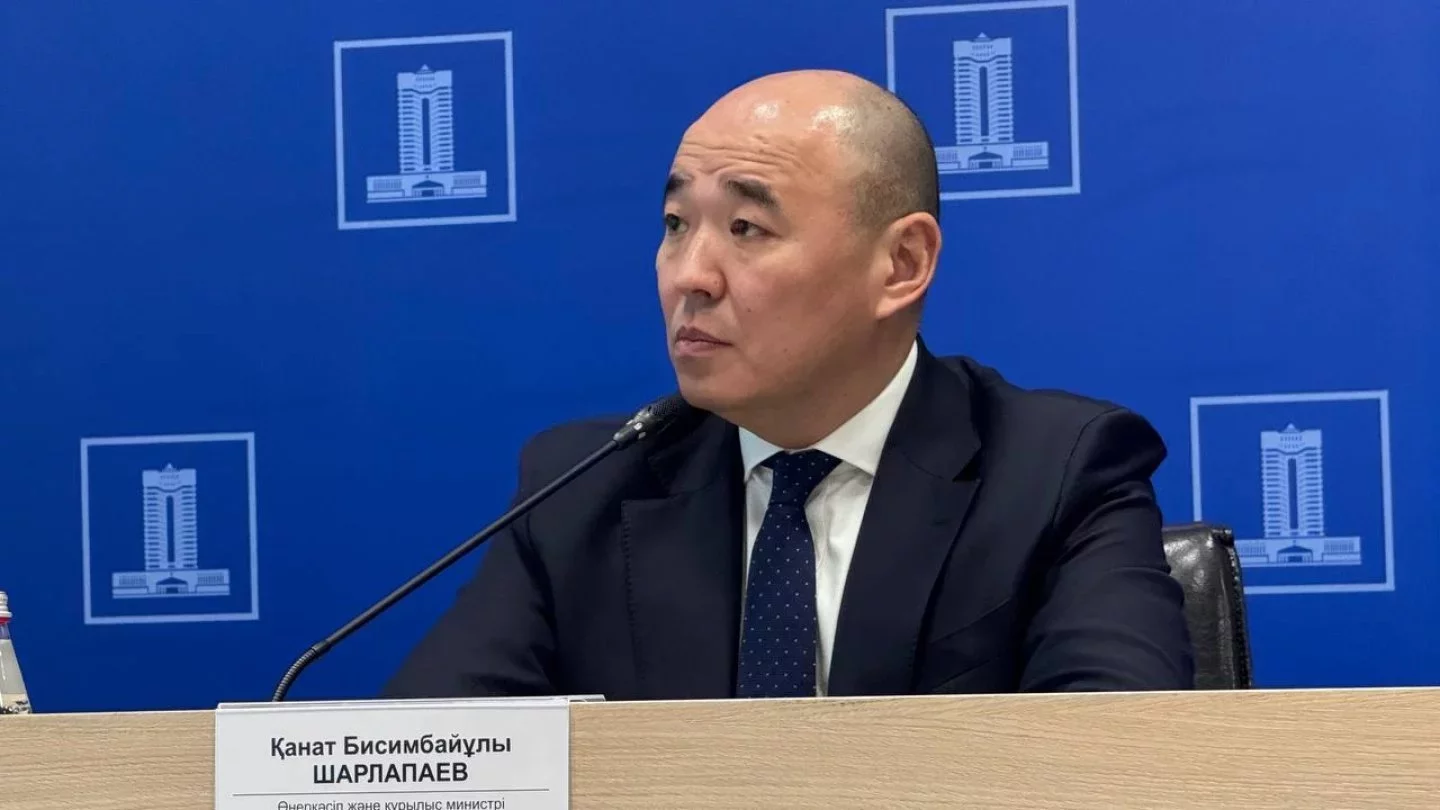
After the Kostenko mine tragedy, he balanced safety with investor rights, stressing that the state demanded safety without seizing assets.
In 2024, he brought order to shared-equity construction, shutting down schemes and stabilizing housing prices. He also set goals for auto industry localization and emphasized import substitution.
Weaknesses included hasty statements and conflict with the "No to Recycling Fee" movement. He built his image on repatriation and meritocracy, renouncing foreign citizenships and learning Kazakh.
Apparently, there were complaints against Kanat Sharlapayev, who was responsible for the economic bloc in the Presidential Administration. However, we'll wait for other resignations and appointments, which might provide a more revealing picture,
said political scientist Yerbol Yedilov.
Kaliyev concluded that the president is "dissatisfied with the economic bloc as a whole" and seeks tighter control.
Discipline and Control
Yernar Baspayev was removed from his post as adviser. In 2022, he headed the complaints monitoring department, later becoming an adviser. He was seen as an official focused on regulations and deadlines.
Ashimbayev noted that not all assistants were equally important, and reshuffles aligned structure with tasks.
Bakhytzhan Sapiyev, before becoming an adviser, headed the State Control Department. Updated regulations in 2023 gave Aqorda authority to conduct inspections. He shifted the focus from checklists to results. His background includes industrial regulation and export control.
Ashimbayev emphasized:
"This is one of the key areas in the presidential administration."
Alikhan Zhamsatov, previously responsible for logistics in the Presidential Property Management Department, is now overseeing the execution of presidential instructions. He has a background in logistics and law and has received state medals.
Kaliyev viewed such appointments as a positive renewal.
Science and Ecology
Kunsulu Zakarya is known for the QazVac vaccine, with an estimated efficacy of 79%. Though not WHO-prequalified, it compares with international brands. In 2023, she was appointed President of the National Academy of Sciences, later joining QazBioPharm’s board.
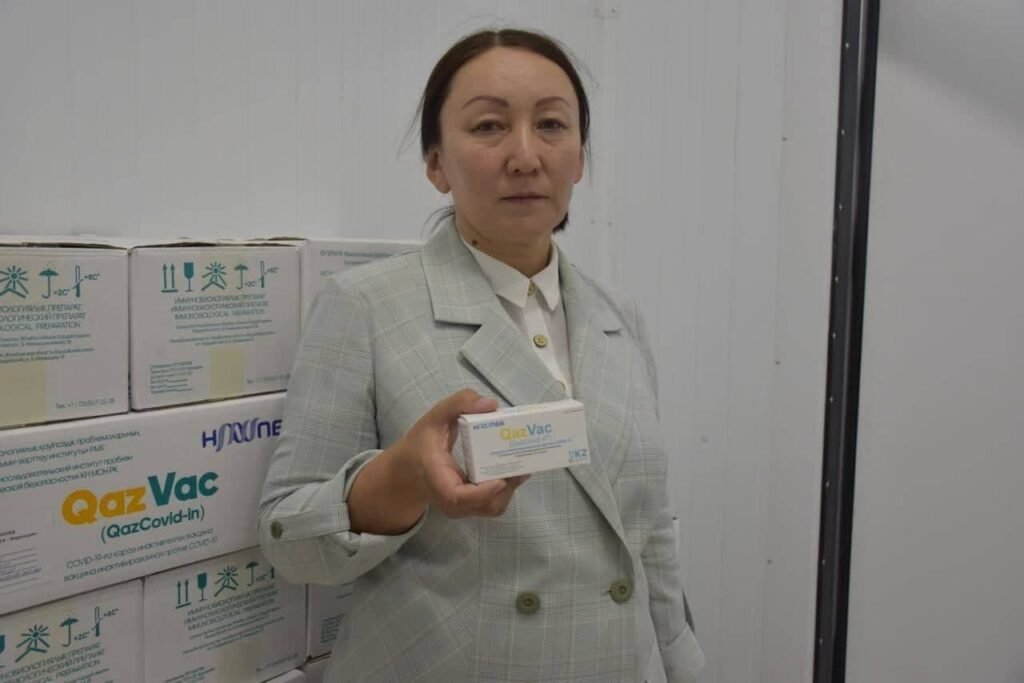
Ashimbayev noted that reforms of the academy faced blockages, leading to restructuring.
Zulfiya Suleimenova briefly led the Ministry of Ecology in 2023 before focusing on climate diplomacy under Aqorda. She engaged in international climate forums but faced criticism during crises such as forest fires and the Caspian water levels.
Kaliyev considered the reset an attempt to strengthen the economy and control, with updates to ecology and science also expected.
Geneva Rotation
Yerzhan Kazykhan was relieved of his post as presidential aide for international affairs and appointed Permanent Representative to the UN in Geneva. He had long worked in international diplomacy and played a key role in reforms and negotiations.
On April 11, 2022, he chaired the first US-Kazakhstan Human Rights Dialogue. He also discussed sanctions and logistics with the EU and prepared for "New York 2025," which produced $5.2 billion in agreements.
Political scientist Andrei Chebotarev described the appointment as strengthening Kazakhstan’s presence in UN structures. He linked possible shifts in US relations to tariffs and a new administration.
"The candidacy of a new ambassador to this country remains in question for now," he said.
Yerlan Alimbayev, the outgoing Permanent Representative, had held the UN Human Rights Council platform until September 2025, when he was dismissed.
Around the same time, Kuanyshbek Yesekeyev was appointed presidential aide. His career included major telecom deals, including the $615 million Kcell acquisition and the $1.1 billion sale of Mobile Telecom Service. He also oversaw 5G rollout and fiber optic expansion.
Vulnerabilities included the 2022 internet shutdown and governance concerns, but no charges were brought against him. Kaliyev noted that appointments of "new, non-public names" reflect a focus on business qualities rather than publicity.
Conclusion
Ashimbayev summarized that the reshuffle signals an adjustment of administration and government structure to meet new objectives, with emphasis on the economy and implementation oversight.
Kaliyev agreed, stressing a strict demand for results.
"The simultaneous reset shows changes in approaches to economic policy."
Original Author: Ruslan Loginov
Latest news
- Damaged Baikonur Launch Pad Facility Restored After 2025 Collapse
- A Rare Black Melanist Wolf Was Shot in Eastern Kazakhstan
- Kazakhstan Maintains Neutral Stance on Middle East Escalation
- Kazakh MFA: Citizens Evacuated from the Middle East via Oman and Saudi Arabia
- Kazakhstan to Spend 4.6 Trillion Tenge on Road Projects Through 2029
- Central Asia Competes for the Skies: Why Kazakhstan Risks Falling Behind Uzbekistan on Jet Fuel
- The War in Iran Opens a Window of Opportunity for Kazakhstan’s Oil Sector, Analysts Say
- Iran Conflict Escalates Beyond the Gulf: What Kazakh Experts Say About Risks for Central Asia and Kazakhstan
- Kazakhstan Prepares Possible Evacuation of Its Citizens From Iran
- LRT in Astana Is Reaching the Finish Line: The Launch Is Expected in the Coming Months
- Kazakhstan Ready to Help the UAE Amid Escalation in the Region
- Tokayev Discusses Middle East Escalation With Qatar’s Emir
- Airlines Ready to Bring Kazakhstanis Home From the Middle East
- Tokayev Sends Support Messages to Gulf Leaders Amid Regional Escalation
- Kazakhstan Bans Its Airlines From Flying Over Several Middle East Countries
- Astana Strengthens Security Measures Amid Escalation Around Iran
- Tokayev Meets U.S. Ambassador Stufft, Discusses Board of Peace Cooperation
- Mangystau Launches AI-Assisted School Monitoring to Prevent Teen Suicidal Behavior
- Kazakhstan to Supply UK With Critical Minerals
- AI Faculties for Educators to Open in Kazakhstan: What Other Changes Are Coming to the Education Sector

